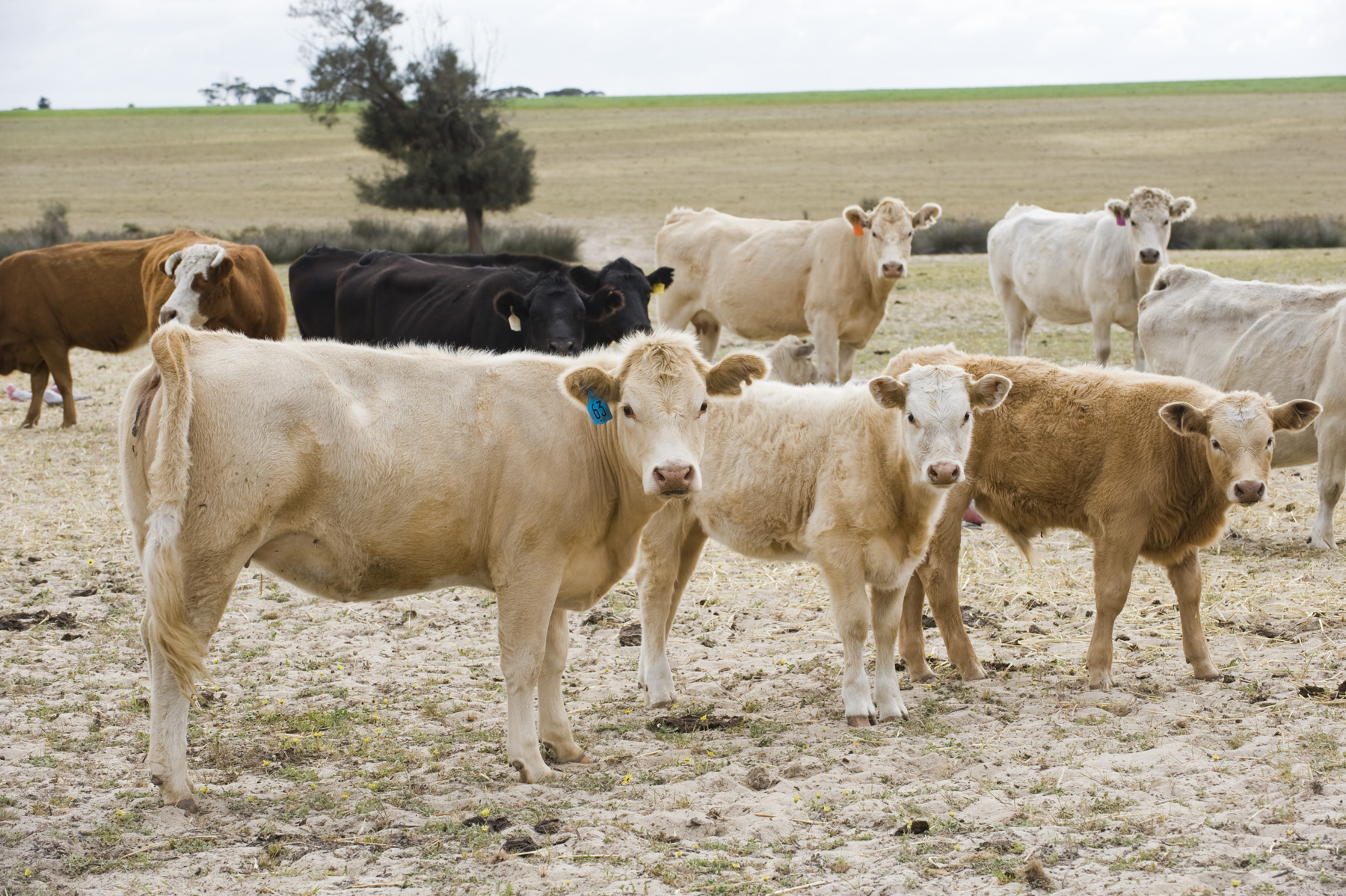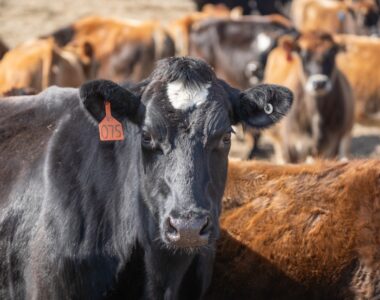
The USDA again suspends Mexican cattle imports after finding signs of the New World screwworm—a flesh-eating parasite—just 370 miles south of the U.S. border in Veracruz. This halt came only days after the agency reopened shipments at the Douglas, Arizona port, triggering renewed concern about the pest’s northward spread.
What Prompted the Decision?
The USDA confirmed officials detected screwworm larvae in Veracruz, showing the parasite continues moving closer to the U.S. Secretary Brooke Rollins acted swiftly, stopping cattle, bison, and horse imports through southern ports. She required Mexico to demonstrate better control over the parasite before trade resumes.
Livestock producers immediately raised an alarm. Colin Woodall, CEO of the National Cattlemen’s Beef Association, stated the halt protects U.S. herds while urging construction of a sterile fly facility on U.S. soil.
Why It Matters: Supply and Prices
U.S. cattle numbers are near 70-year lows. Mexican imports typically supply about 3% of U.S. slaughter cattle—around one million head yearly. When the USDA suspends Mexican cattle imports, beef supplies tighten further. Already, feeder cattle prices rose approximately 1% after this latest suspension.
Farmers and ranchers warn the lack of available cattle will strain operations and escalate costs throughout the food supply chain.
How USDA and Mexico Are Fighting Back
Both governments are ramping up sterile-insect programs. The U.S. plans to build a sterile fly production and dispersal facility in Hidalgo County, Texas. Officials aim to release up to 300 million sterile flies per week by year-end.Mexico is constructing a $51 million facility in Chiapas, set to produce 100 million sterile flies weekly when it opens in 2026.
These programs use the same successful “sterile insect technique” that eradicated screwworm in the U.S. during the 1960s and in Panama more recently.
What Likely Comes Next
USDA will re-evaluate the suspension monthly. Reopening relies on Mexican regions demonstrating sustained containment. Secretary Rollins stated that continued screwworm activity prevents reopening the southern border trade.
U.S. cattle groups and lawmakers may push for faster completion of the Texas sterile fly plant. Meanwhile, industry experts predict temporary beef price spikes and disruptions as producers scramble to adapt to fewer Mexican cattle



